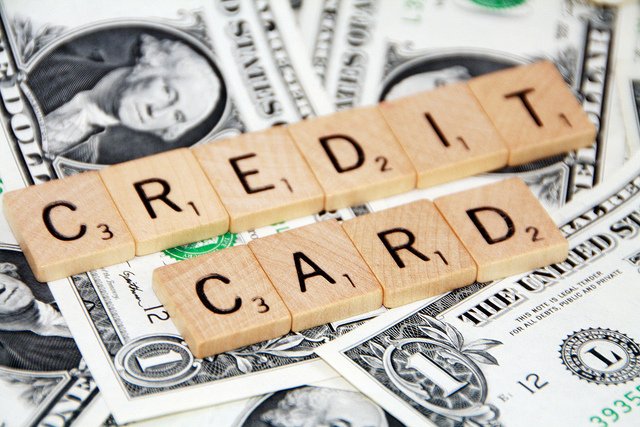Prior to 2009, credit card holders held little control over changes to their accounts. Banks could change terms, increase interest rates, charge exorbitant fees, and all without notifying their clients. If you didn’t like their approach, you only had the option to close your account. Since many people fear how a closed account will negatively affect their credit, consumers were stuck with no real options to change the relationship between them and their banks.
What has the government done to change this?
In 2009, Congress passed the Credit Card Accountability, Responsibility, and Disclosure (CARD) Act. The act laid out a number of fundamental assumptions for credit card offers and terms:
- Strong protections for consumers
- Plain-language literature from the credit card companies
- The ability to take credit card offers without fear
- Greater accountability for businesses that abuse the system
These assumptions placed a number of specific restrictions on actions that the banks could take with their clients.
What does CARD mean for credit-card holders?
The CARD Act, which took effect in 2010, features various practical considerations for consumers. They include:
- A restriction on raising interest rates in the first year of a new account
- A minimum 21-day period from the time the bill was issued to its due date
- Limits on the types and amount of fees that can be charged, especially for new accounts
- A ban on retroactive-rate increases
Other applications of the law relate to disclosures and accountability. Credit card companies are required to make information clear and specific, emphasizing particular details such as interest rate changes and fees. They must notify customers of rate increases and give customers the option of closing their accounts as a result. By law, businesses now have to make the terms of their credit cards available online in plain language. Regulators hold the businesses accountable for their practices, and face higher penalties for violations.
How has CARD made a difference?
One year after the law took effect, the Office of the Comptroller of the Currency surveyed how CARD had changed the environment for credit-card holders. The results were pleasantly surprising. In one year:
- The frequency of interest-rate hikes dropped from 15 percent to 2 percent
- Late fees paid by consumers dropped by more than half
- Minimum payments have risen, to help consumers pay off debt faster
- Accounts charged over-limit fees dropped from 12 percent to 1 percent
- 60 percent of cardholders say their credit-card terms are easier to read and understand
- 31 percent of consumers say emphasis on certain terms has led them to take a more-active role in eliminating their debt
Various parts of the government are continually seeking new applications of the law. In 2011, the Federal Reserve Board extended the limits on fees in the first year of a new account to limit fees charged at the account’s opening, such as an application fee. After a federal court rejected this extension, the Consumer Finance Protection Bureau took over administration of the terms of the Card Act. The CFPB stresses that it will work to consistently and effectively enforce the law’s protections.
Credit card offers and terms can sometimes be confusing, but it used to be a whole lot worse. Years after the government offered some basic protections to cardholders, the balance of power is more equal and consumers can feel safer in their relationships with their creditors.
Image License: Some rights reserved by 401(K) 2013



